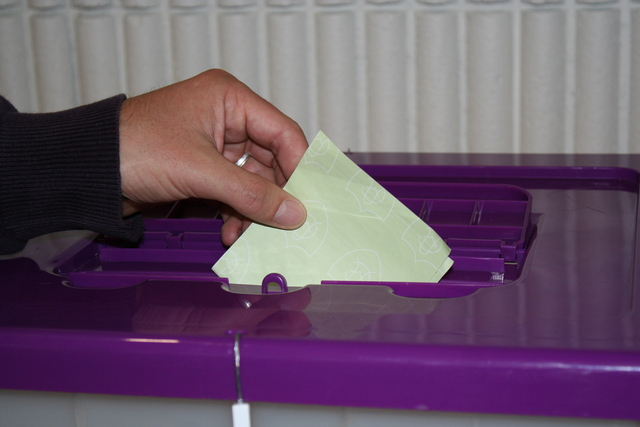Changes to the nationwide NAPLAN test set to be completed from Wednesday 15 March to Monday 27 March were welcomed by Mt Dandenong Primary School.
The assessment, which covers numeracy, literacy, grammar and reading skills will be held entirely online for the first time in 2023, with the number of bands of performance also reduced from 10 to four.
Principal Jake Laurie said moving NAPLAN to Term One is a “positive change” for the school, with around 65 students from year three and year five completing the assessment.
“It means that we can receive the data back that’s gathered from that plan much earlier in the year than we used to, so that we can use that data to act on student learning and whole school improvement in a more timely manner,” Mr Laurie said.
Apart from the grade three writing test still undertaken on paper, Mr Laurie said Mount Dandenong Primary School transitioned to fully online NAPLAN testing in 2022.
“The kids do get some preparation where they have a couple of opportunities to use the software, understand how that all works, have a practise exam beforehand so it’s not overwhelming and they’re comfortable and they know what’s going on and we know that the technology is working,” Mr Laurie said.
Mr Laurie said data showed NAPLAN results improved in 2021 despite the pandemic, with results dropping in 2022.
Overall, the school is on the improvement path.
“We’re really high in literacy and we’re getting much stronger, and we’ve had a big focus on mathematics the last couple of years which has been brought out in the data as well,” Mr Laurie said.
“We’re similarly high in literacy, but we’ve had big gains in numeracy in the last year or two.”
After receiving the results, Mr Laurie said the school improvement team, along with different teaching teams, will look at specifics including how some students have answered particular questions and trends in relation to bigger sets of data.
“We might be able to say, well, ‘how have the grade threes gone overall in reading or in numeracy? Or how might of the grade five girls gone compared to the other groups?,” he said.
“What we really get benefit from is using the data for cohorts of whole classes or larger groups of kids, or looking at boys and girls in different year levels and getting a sense of how we’re tracking overall…how our literacy programs are going, or numeracy programs…whether we’re improving or we’re declining, whatever it might be.”







